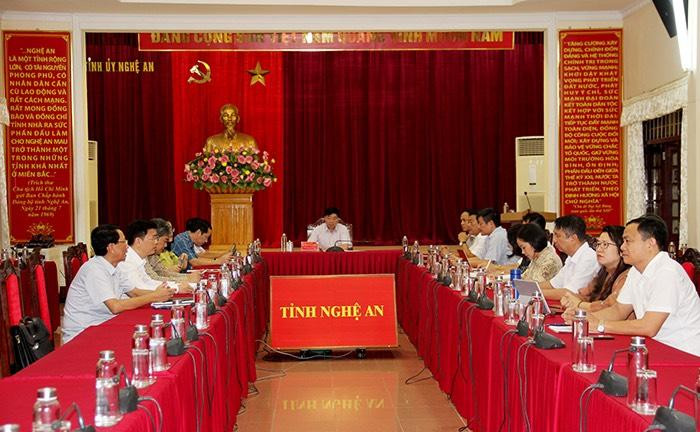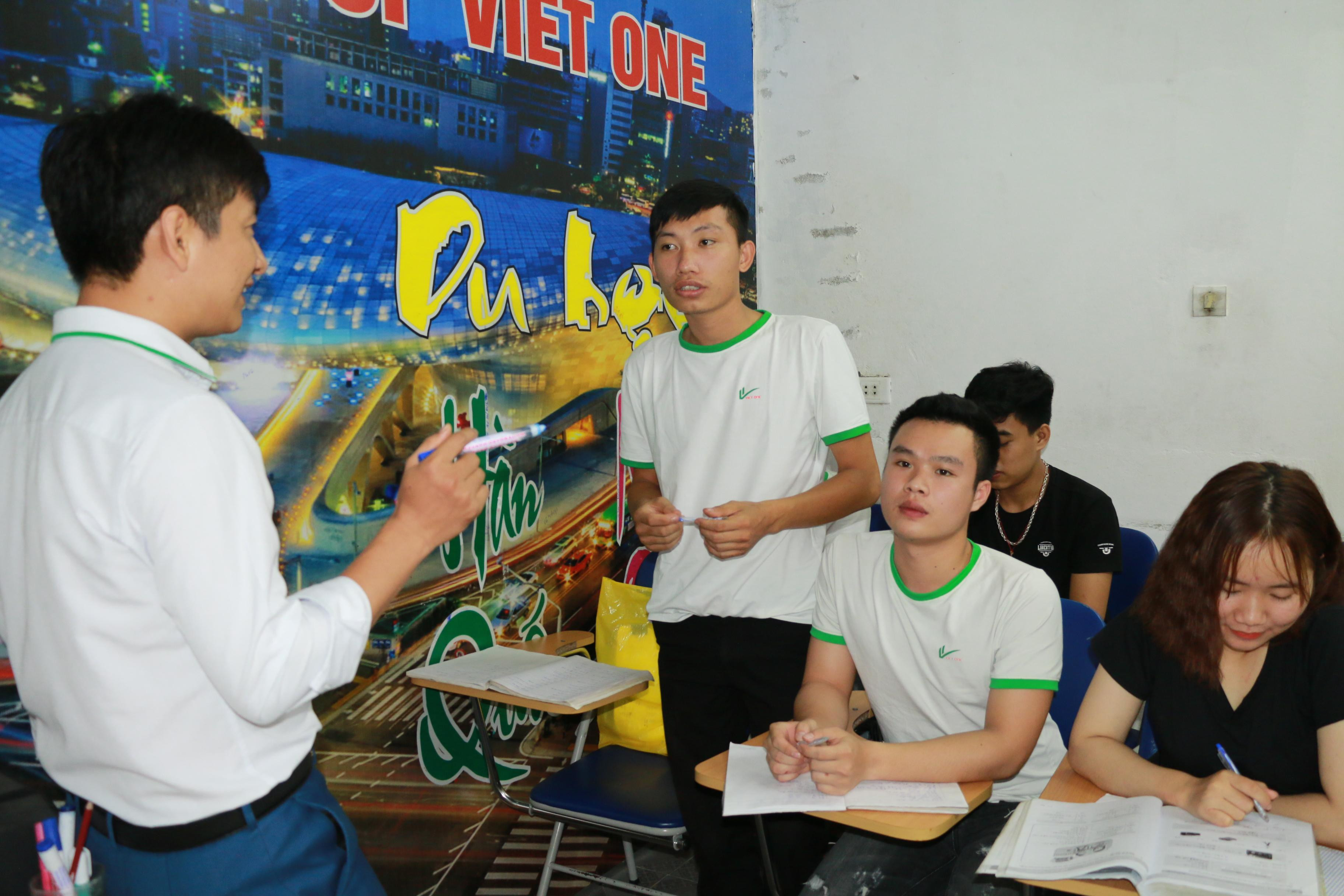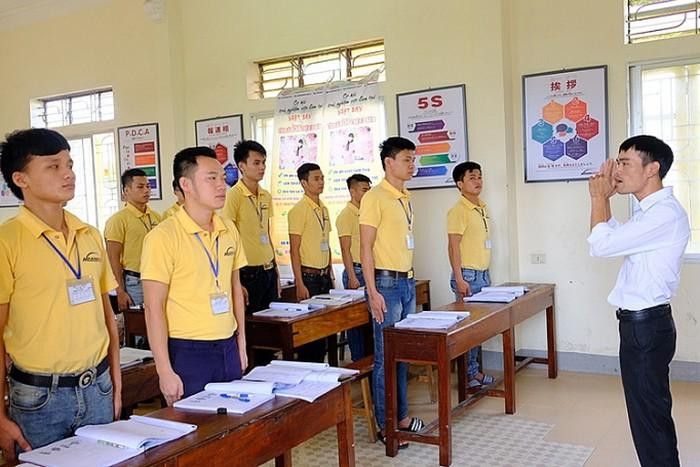Minister Dao Ngoc Dung: Eliminate high-risk occupations and labor markets
(Baonghean.vn) - That was the affirmation of the Minister of Labor, War Invalids and Social Affairs in the online conference on the morning of August 25, summarizing 10 years of implementing Directive No. 16 - CT/TW dated May 8, 2012 of the Secretariat on strengthening the Party's leadership in sending workers and experts abroad.
The main venue was chaired by comrades: Dao Ngoc Dung - Member of the Party Central Committee, Secretary of the Party Committee, Minister of Labor, War Invalids and Social Affairs; Do Ngoc An - Deputy Head of the Central Economic Commission.
Nghe An bridge point had comrades: Nguyen Van Thong - Standing Deputy Secretary of the Provincial Party Committee; Nguyen Nhu Khoi - Member of the Provincial Party Executive Committee, Vice Chairman of the Provincial People's Council; also attending were representatives of the Provincial Party Committee's Propaganda Department, National Assembly Delegation, Department of Labor - Invalids and Social Affairs...
 |
Conference scene at Nghe An bridge. Photo: Thanh Nga |
Workers and experts send home about 10 billion USD/year
The report at the conference said that in recent years, the dissemination, dissemination and implementation of Directive 16-CT/TW has been seriously and promptly carried out by many Party committees and authorities at all levels.
Along with that, the scale of organizations and service enterprises sending workers to work abroad has increased rapidly over the years. By 2022, there were 451 organizations and enterprises - 2 times higher than when the directive was issued. The market for receiving foreign workers is increasingly expanding and developing, from 9 markets in 2013 to now, it has expanded to 25 markets.
Over the past 10 years, localities have sent more than 1 million workers and experts to work abroad, an increase of nearly 40% compared to the average period before the Directive was issued, creating jobs for about 7-10% of the annual increase in the labor force.
 |
In addition to learning foreign languages, workers need to be equipped with skills when working abroad. Photo: Thanh Nga |
The income of workers working abroad is relatively stable, with an average income of 200 million VND/year, many times higher than working domestically in the same industry.
According to statistics, on average, each year workers and experts send home about 10 billion USD, a 5-fold increase compared to the period before the Directive was issued. This not only helps workers and their families eliminate hunger and reduce poverty, but also accumulates and invests in production and business, creates jobs; contributes to the country's foreign currency; contributes to the construction of the homeland, especially in the New Rural Development Program.
Up to now, in Nghe An province, there are over 65,000 people working in 60 countries and territories around the world.
In the period 2013 - 2022, the whole province sent 119,427 workers and 138 experts to work abroad. Of these, 100% of workers were trained in foreign languages and provided with necessary knowledge; about 62% of workers were trained in vocational skills before going to work abroad.
 |
Workers are trained in skills before going to work abroad. Photo: Thanh Nga |
Resolutely eliminate high-risk industries
Concluding the conference, in addition to recognizing the achievements, Minister of Labor, War Invalids and Social Affairs Dao Ngoc Dung also frankly pointed out many limitations in the work of sending workers and experts abroad. Accordingly, currently, the work of assessing the quality of vocational training, foreign language teaching, and orientation education for workers is not tight, there is no connection between the system of vocational training institutions and creating sources of work abroad, so the quality of labor is not uniform, the rate of skilled workers is still low. The work of perfecting the legal system for workers working abroad is still slow, so the protection of citizens working abroad is still difficult.
The Minister also noted that some localities send a lot of workers abroad but lack strict management, leading to violations of the law or escapes. Therefore, localities need to pay attention to "input and output", pay attention to vocational training, foreign languages and skills for workers. "Any locality that does well will certainly have very few violations" - the Minister emphasized.
In addition, localities need to focus on screening risky areas and risky industries, typically the domestic work profession in Saudi Arabia and the Middle East. "We need to have ways to survey and inspect to advise businesses sending workers abroad to eliminate risky industries and risky areas," said Minister Dao Ngoc Dung.


